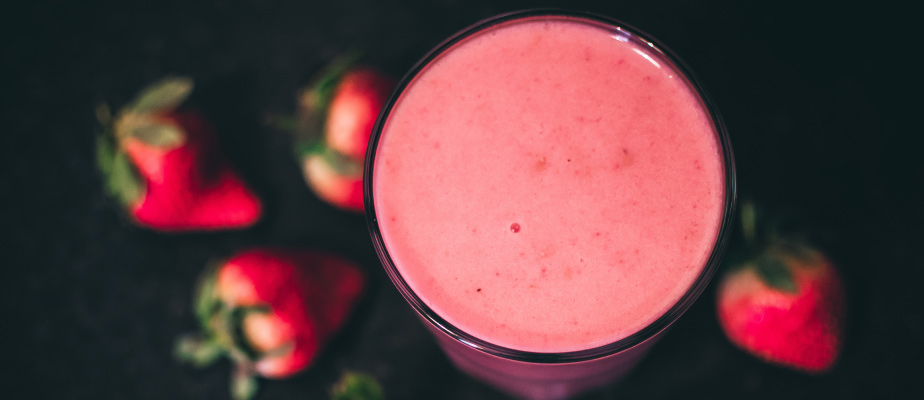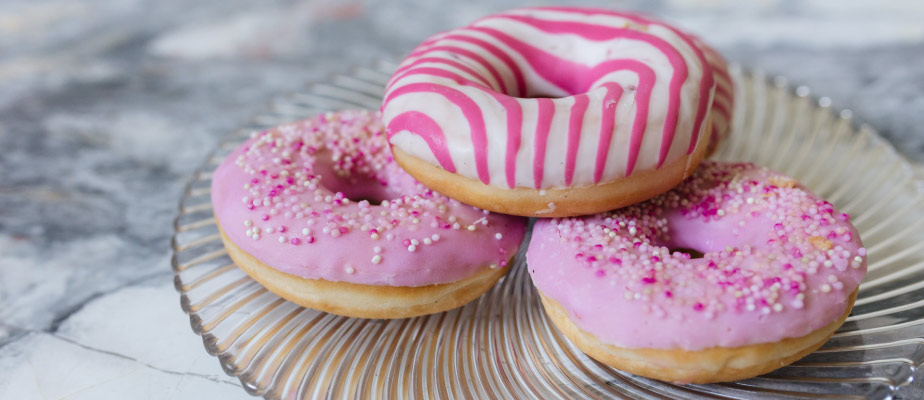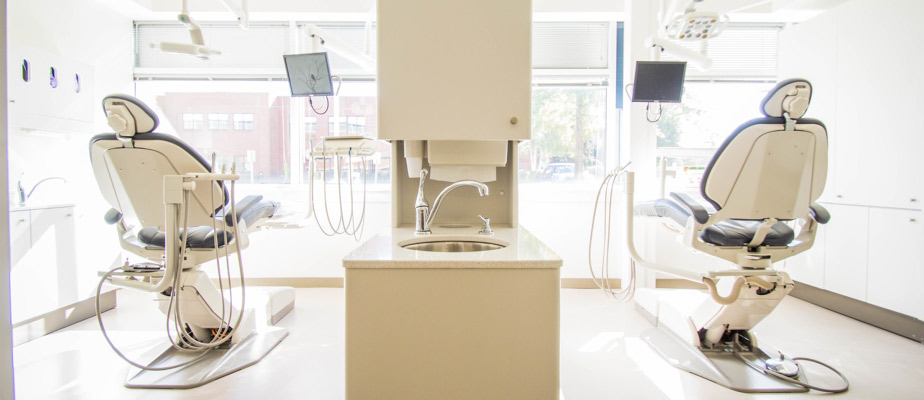
Whether used to add muscle, lose weight, get a jolt of energy, or just have a time-saving meal replacement, protein shakes have become increasingly popular among busy consumers due to their convenience. But are there any negative oral health effects to drinking these beverages? Read on to find out!
What’s In Your Protein Shake?
Despite the overall body wellness benefits touted in promotional hype, certain protein shakes and powders loaded with artificial ingredients and sugar have a few drawbacks.
Residue on Your Teeth
A diet high in sugar encourages a film of sticky bacteria, called plaque, to grow on your teeth and along your gum line. Plaque accumulation often makes your teeth feel fuzzy. Moreover, powder-based protein drinks can leave a filmy, gritty residue on your teeth. As one protein shake drinker vividly described it in an online comment: “My teeth feel like they have sweaters on them!”
Watch Out for Questionable Ingredients
Many consumers don’t realize that protein powders and beverages, like other dietary supplements, do not need to be approved by the Food and Drug Administration (FDA). Although their manufacture and marketing must comply with FDA regulations, their ingredients are not required to be tested for safety before being sold. So knowing exactly what’s in your protein shake and how it will affect your body can require some research.
Choose Sugar-Free & Nutritious Options
Like all prepackaged items you buy for consumption, we recommend always checking the ingredient list of any shakes and supplements. If the number one ingredient is sugar, don’t buy it! Try to go with a sugar-free option made with natural ingredients and enriched with nutrients essential for strong teeth, like calcium, phosphorus, vitamin D, and vitamin A.
Are You Protecting Your Teeth?
Regardless of the ingredients in your preferred protein shake, follow these tips to help protect your teeth from damage:
Drink Water
It’s always a good idea to drink a glass of water after consuming a protein shake or other protein beverage. Drinking water is critical for both a healthy body and a healthy body. Water and your saliva prevent dry mouth, help clean the surfaces of your teeth, and wash away any lingering residue that could feel filmy, or sugar that could become fuel for bacteria. Otherwise, bacteria will feed on the residue and produce acid that wears away at tooth enamel and puts you at risk for developing gum disease and tooth decay.
Chew Sugar-Free Gum
Additionally, we recommend chewing sugar-free gum for at least 20 minutes after consuming a meal to further stimulate the production of saliva and help clean your teeth of leftover particles.
Maintain Superb Preventive Oral Care
Protein shake drinker or not, we advise everyone to practice excellent oral hygiene! Brush your teeth twice a day for two minutes each time, floss every day, and come visit us for regular dental cleanings and checkups. If you are overdue for your six-month appointment, contact us today.
Our Villa Vista Dental team looks forward to seeing you!






